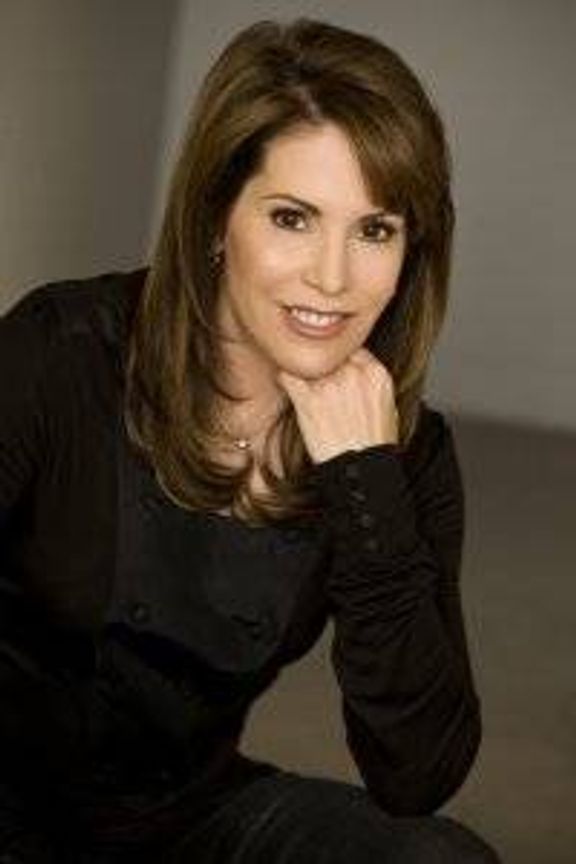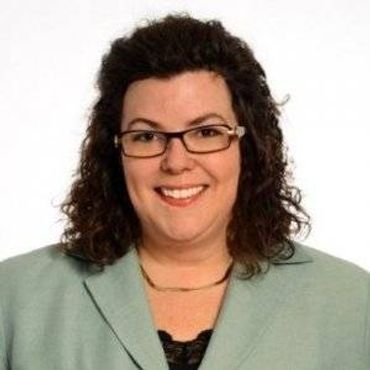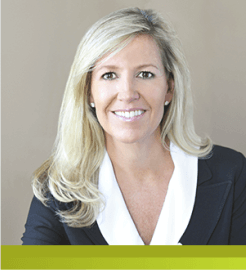What Women Want in a Financial Adviser
7 takeaways from experts on the subject of women and money
Shortly after we got married, my husband set up an appointment with his financial adviser for us to discuss the blending of our financial lives. It was an eye-opener. His adviser barely made eye contact with me after the initial introduction and addressed all his remarks to my husband. Bristling and insulted, I pledged never to send a dime of my money his way. I kept my vow.


Nowadays, as I speak around the country to groups of women, primarily about managing their money solo (as I will next week at the Women on Wealth event at The Money Show in Las Vegas), women regularly ask me how to find an adviser. That’s particularly the case for women over 50.
I tell them that I’ve found one important thing through my research over nearly three decades for my books such as Money Confidence: Really Smart Financial Moves for Newly Single Women: Women have demands for an adviser that are different than men and many financial pros don’t get that.
But to learn more about what women 50+ really want from financial advisers, I asked three experts:
- Maddy Dychtwald, an author and a founder of Age Wave, a think tank and consultancy, who recently wrote a study with Merrill Lynch: “Women and Financial Wellness: Beyond the Bottom Line.” The researchers spoke with focus groups, surveyed 3,700 women and men and interviewed dozens of experts and brainstormed with industry leaders (including me).
- Eileen O’ Connor, a financial adviser and the CEO and co-founder of Hemington Wealth Management in Falls Church, Va.
- Tania Slade, vice president, national director of wealth planning with BMO Private Bank
Here are seven of their takeaways as well as mine, plus some of the Age Wave findings:
1. Women don’t need to be serviced by financial advisers in a “special” way. We don’t want, or value, generic advice on a financial firm’s site geared to “women.” We don’t want girly approaches.
“Women are not a homogeneous group,” says Dychtwald. “They want advisers who treat them as individuals with unique needs. Not only do they have different wants and needs, they have different levels of financial knowledge, expertise and comfort. One size definitely does not fit all.”
O’Connor agrees. “Women want first and foremost an authentic relationship. And they are highly skeptical of financial advisers, so this is not easy,” she told me. “They want a [financial] plan that is tailored to their unique situation. For women over 50, reassurance that they will not run out of money or be a burden on their families is critically important.”

2. More women advisers, please. I prefer working with a female adviser and a large swath of the women I’ve canvassed feel the same way. But only 16 percent of financial advisers — roughly 49,000 — are female, according to a 2017 survey by the research and consulting firm Cerulli Associates. So finding one isn’t easy.
3. Fees matter to women — a lot. Women want to know how the adviser gets paid and how much she or he charges. They also want to be certain the adviser is a fiduciary, which means the pro puts your interests first.
But since talking about money is still a taboo, some women find it hard to ask about fees. Remember this when you’re shopping for a financial adviser: You are interviewing someone for a job, not the other way around.
4. Skip the machismo. The aim, for women, is to work with an adviser who will be happy to listen and answer questions without making them feel stupid. We don't want to feel pressured.
“Many women want to build a relationship with an adviser who can educate and inform them without being condescending,” Dychtwald says. “In fact, in our focus groups, women told us that they want someone they can relate to, and even preferred asking friends over advisers for financial advice.”
I agree. We’re looking for a ballast, not a bull charging into someone’s financial life. It’s not about winning. It’s about enjoying life and having enough money to do so and care for those around us who need our assistance to make their lives better. That, quite frankly, feels good. It’s rich.
But for many advisers at the big financial services firms, selling product is the name of the game and how they make a living. It’s the culture. That’s hard to change and hasn’t changed in the decades I’ve been tracking these women’s initiatives.
5. Find someone you can trust. “Women want someone who they can talk openly to about their lives,” Dychtwald says. “Seventy percent of women we surveyed say women and men have different life journeys.”
And that comes with financial consequences. Many women are pursuing careers while juggling family responsibilities such as caring for their children, parents or spouses. Compared to the average man, the average woman spends 57 percent more time out of the workforce and 36 percent longer in retirement while living five years longer, according to Age Wave estimates.
Moreover, says Slade, “It is important for women to feel a sense of connection as well as to feel comfortable asking any question.” Her recommendation: “Find a financial adviser who is engaging — someone who takes time to listen and gets to know what’s important to you.”

6. Look for a holistic approach. It’s critical to find an adviser who isn’t only focused on the family’s assets, but also understands your family, your caregiving demands, your career, your money goals (which might be different than your partner’s) and your risk tolerance.
“In my practice, we have found that women want goals-based planning, not investment management-centric planning,” says O’Connor. (She says men want goals-based planning, too.) “Women see money as the means to the end, not the end in and of itself,” notes O’Connor.
Adds Dychtwald: “Generally, financial performance matters, but women see money, first and foremost, for what it can do for their families and as a key to greater career flexibility."
You might want your adviser to work with a team of specialists when necessary offering, say, a referral to an attorney who can help with estate planning questions. “An adviser should provide full financial planning services, not just investment planning and a retirement plan,” Slade says. “Risk management, health care costs and estate planning should be discussed, and a plan should be created.”
7. Working with the same adviser with your partner is fine, but…. The "but" means that if you and your husband share an adviser, you need to be sure that both your needs are met.
My husband and I now use the same female adviser, and that works for us. She meets with him and me both separately and together and gets that we have a seven-year age gap, as well as different retirement goals and spending habits. She helps us communicate about these issues, so we’re on the same page and rightly lets us have different investment strategies that are age-appropriate.
If you are seeing an adviser as a couple, Slade says, make sure this pro understands that “as a woman, you may approach money differently than your spouse.” An adviser, Slade adds, "should always value you as a decision maker in your family finances.” That’s a fact.


